KOLKATA – THE CULTURAL HUB OF INDIA
Kolkata, the city of joy, is also known as the cultural capital of India. Unlike other metropolitan cities, Kolkata is not just a conglomeration of high-tech office buildings, luxurious apartments and flamboyant malls; Kolkata is much more than that. Kolkata, to those who can feel, is an emotion! It has a pull like nowhere else. Everyone who has ever worked or lived here, feels the need to return, someday or the other. Kolkata, whose official name was Calcutta till 2001, is located on the Eastern bank of the Hooghly River. From 1772 to 1911, Calcutta was the capital of British India. As a result, European influence has merged here seamlessly with the eastern ethnicity. A perfect blend of both western and Indian culture has given Kolkata a distinct flavor of its own. Therefore, KOLKATA is THE CULTURAL HUB OF INDIA
THE GREAT MINDS WHO HAVE NURTURED THE INTELLECT OF THE CITY

Kolkata, in all probability, is the most important cultural and intellectual hub of India. The culture of Kolkata concerns the music, dance, art, architecture, museums, festivals and lifestyle within the city. In reality, the word “Bengali ” is synonymous with art, culture, food, music and everything connected to the finer aspects of life. In the Bengal Renaissance, Calcutta served as the source of socio- religious reforms, as all the prominent reformers were linked to the city like Raja Ram Mohan Roy, Iswar Chandra Vidyasagar, Swami Vivekananda, Sister Nivedita and so on.
During this period, Calcutta pretty much became the Cultural center of Indian Subcontinent. In addition, the merging of eastern and western cultural influences over centuries have led to the formation of diverse organizations that contribute to Kolkata’s cultural richness.
Formation of Diverse Organizations
Theses organizations include the universities which are the seats of learning, The Asiatic Society of Bengal, The Bengal Literary Society ( Bangiya Sahitya Parishad), Ramakrishna Mission Institute of Culture, Academy of Fine Arts, The Mahabodhi Society, The Birla Academy of Art and Culture and so on. In literature, art and music too, Kolkata has nurtured India’s and world’s greatest minds. Rabindra Nath Tagore – the world-renowned Nobel Laureate and the first Bengali to receive the honor, Abanindra Nath Tagore of the Bengal School, Satyajit Ray – the Father of parallel cinema, Ravi Shankar – the music maestro, Uday Shankar – the world renowned dance exponent; all belong to the never-ending list of Kolkata’s Greats!
https://kolahal.org/2020/01/01/pithey-puli-in-winter-some-traditions-never-die/
THE CULTURAL ASPECT OF THE CITY
Culture of Kolkata is largely reflected in its music, art and dance forms. Bengal is richly endowed with several forms of folk music like Baul, Gajan, Kirtaan, Bhatiyali and many more. North Indian classical music also forms a part of Kolkata’s musical legacy. Kolkata is also majorly identified for its association with, as well as appreciation of Rabindra Sangeet – the songs composed by Rabindranath Tagore. As in case of music, in bengali dance forms too, we see the predominance of folk culture. The world famous dance Gurus who experimented with Indian as well as western dance forms, are Uday Shankar and Ananda Shankar associated with Kolkata. In the field of film-making also, Kolkata has made India proud, on the international stage.
Prides of India
People like Satyajit Ray, Ritwik Ghatak and Rhituporno Ghosh remain the prides of India as their works have been highly appreciated all over the world. Ray remains the only filmmaker from India to have received the Honorary Oscar Award for lifetime achievement. The city has a rich tradition in the genre of drama, too.
Notable group theatres
Includes Little Theatre Group, Gandharba, Calcutta Theatre, Nandikar, Bohurupee and many more. Famous drama and theatre personalities include Ajitesh Bandopadhyay, Utpal Dutta, Sambhu Mitra, Tripti Mitra, Rudra Prasad Sengupta and others.
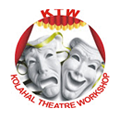
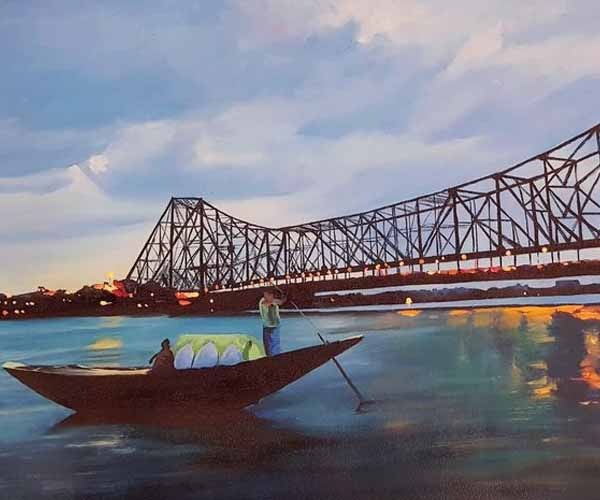
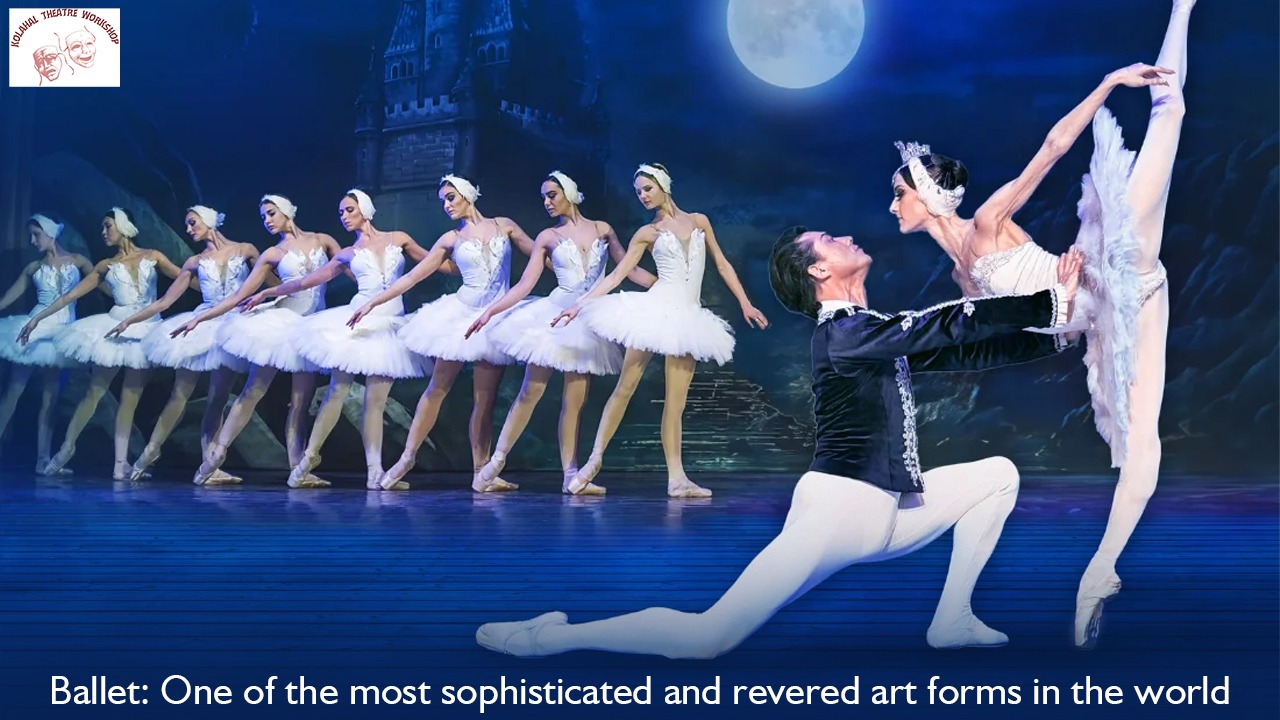
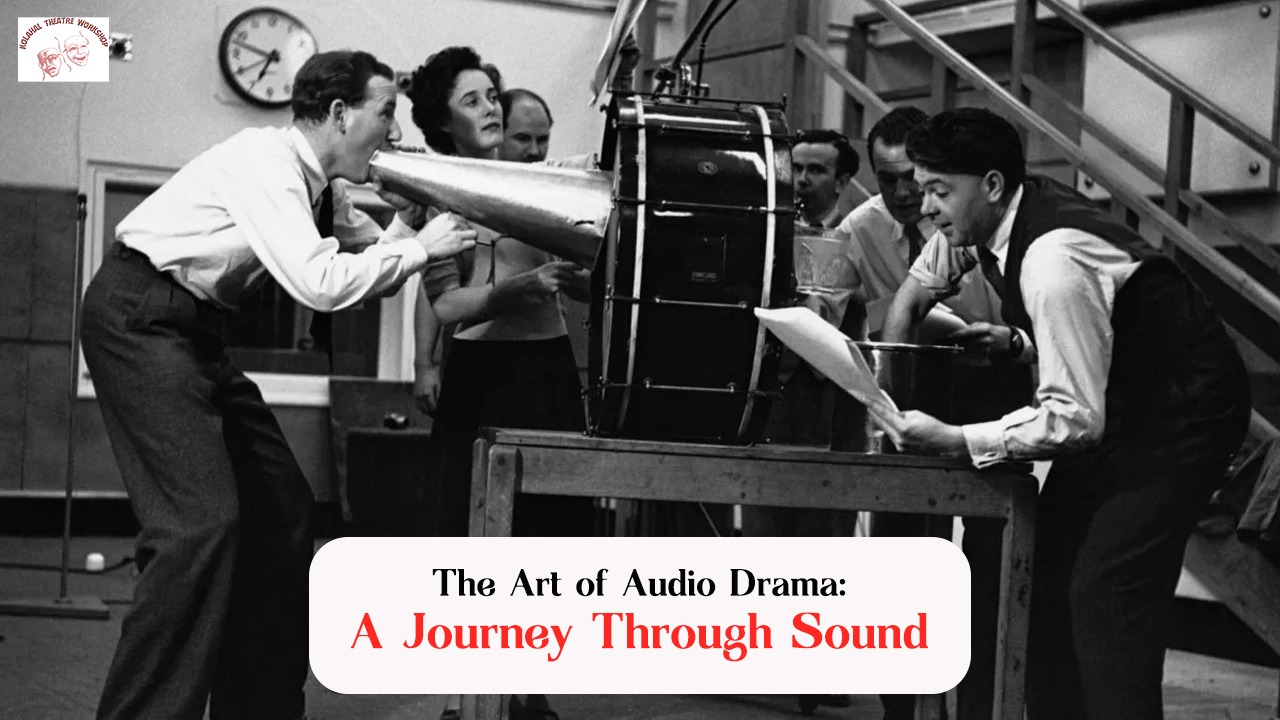
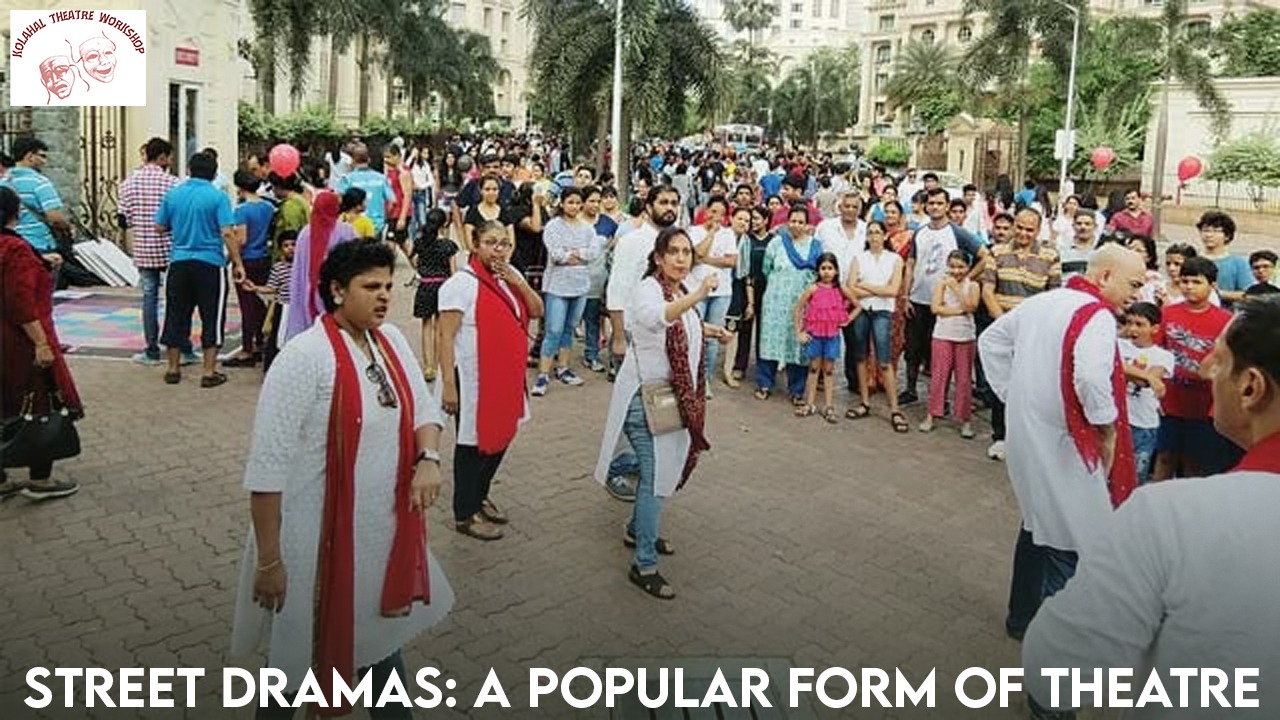
[…] https://kolahal.org/2020/08/28/kolkata-the-cultural-hub-of-india/ […]